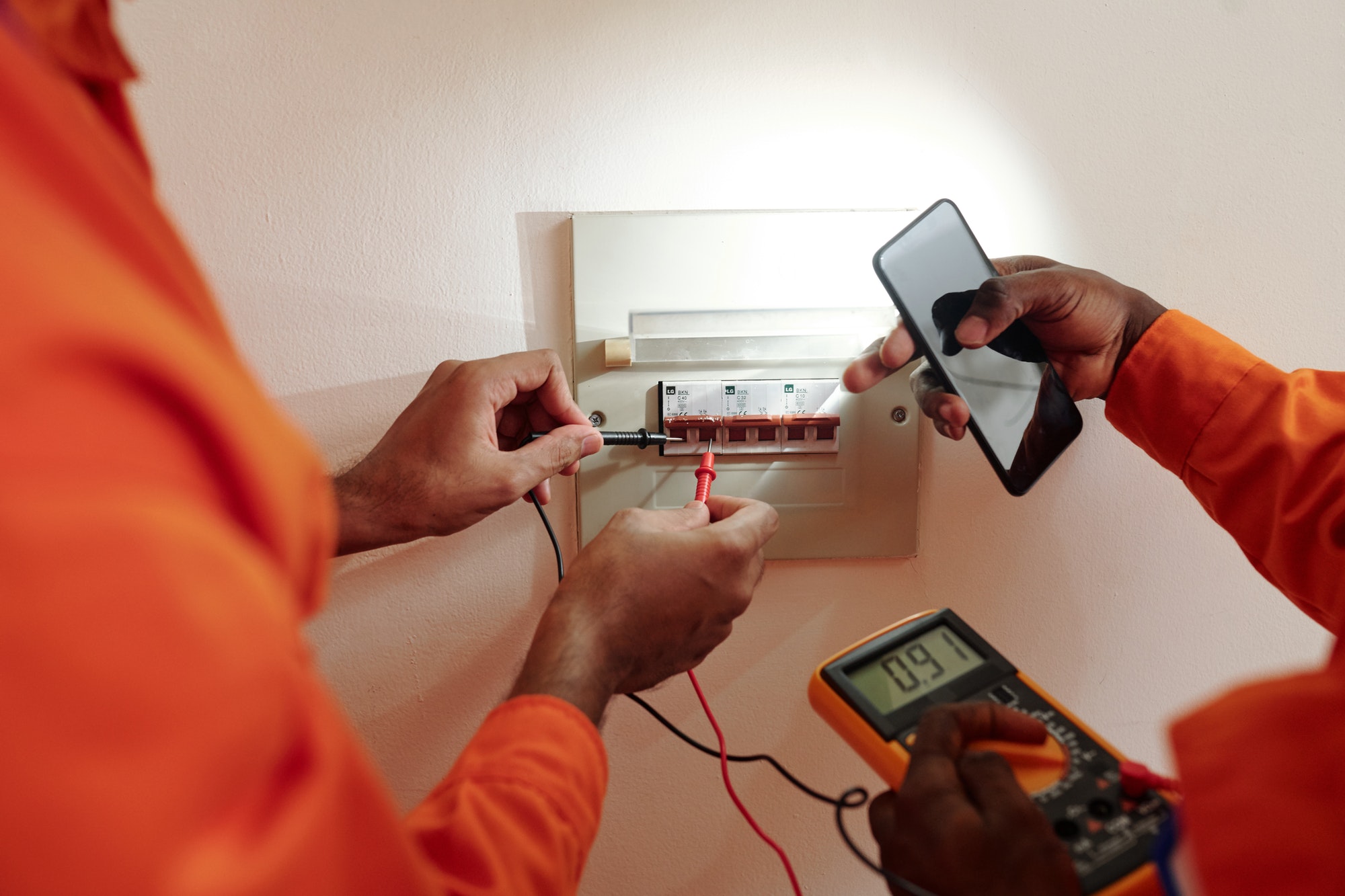In today’s fast-paced business environment, energy efficiency is more than just a buzzword; it’s a strategic imperative for commercial property owners and managers. Enhancing energy efficiency not only reduces operational costs but also contributes to sustainability goals and improves the overall value of the property. This blog post explores various electrical upgrade solutions that can help commercial properties in London and beyond achieve higher energy efficiency.
Understanding Energy Efficiency
Energy efficiency involves using less energy to perform the same task, thereby eliminating energy waste. In commercial properties, this can be achieved through a combination of modern technologies, strategic planning, and regular maintenance. Here are some key electrical upgrades that can significantly enhance energy efficiency.
LED Lighting Solutions
One of the most straightforward and impactful upgrades is switching to LED lighting. LEDs (Light Emitting Diodes) consume up to 75% less energy than traditional incandescent bulbs and last up to 25 times longer. This not only reduces energy consumption but also lowers maintenance costs due to their longevity.
Benefits of LED Lighting:
- Energy Savings: LEDs use significantly less electricity.
- Longer Lifespan: Reduced need for frequent replacements.
- Improved Light Quality: Enhanced visibility and productivity.
- Environmentally Friendly: Reduced carbon footprint.
Smart Lighting Systems
Taking lighting efficiency a step further, smart lighting systems use sensors and automated controls to optimize light usage. These systems can adjust lighting based on occupancy and natural light levels, ensuring that energy is used only when and where it’s needed.
Features of Smart Lighting Systems:
- Occupancy Sensors: Lights turn on or off based on room occupancy.
- Daylight Harvesting: Adjusts lighting levels according to natural light availability.
- Remote Control: Manage lighting remotely via smartphone or computer.
- Scheduling: Set timers for lights to turn on or off at specific times.
Upgrading Electrical Appliances
Outdated electrical appliances are often energy hogs. Upgrading to modern, energy-efficient appliances can result in substantial energy savings. Look for appliances with high Energy Star ratings, which indicate superior energy efficiency.
Key Areas for Appliance Upgrades:
- HVAC Systems: Modern heating, ventilation, and air conditioning systems are more energy-efficient and can provide better climate control.
- Office Equipment: Energy-efficient computers, printers, and other office devices reduce energy consumption.
- Refrigeration Units: Upgrading to energy-efficient refrigerators and freezers can save significant amounts of energy in commercial kitchens and food storage areas.
Power Management Systems
Implementing power management systems can help monitor and control energy usage across the property. These systems provide real-time data and analytics, allowing property managers to identify energy wastage and optimize usage.
Components of Power Management Systems:
- Energy Monitoring: Track energy consumption in real-time.
- Load Control: Automatically adjust power usage based on demand.
- Predictive Maintenance: Identify potential issues before they lead to energy waste.
- Energy Audits: Regularly conduct energy audits to find areas for improvement.
Renewable Energy Integration
Integrating renewable energy sources, such as solar panels or wind turbines, can significantly enhance the energy efficiency of commercial properties. Renewable energy systems can reduce reliance on grid electricity and lower energy bills.
Advantages of Renewable Energy:
- Sustainable: Reduce the carbon footprint and reliance on fossil fuels.
- Cost Savings: Lower energy bills over time.
- Incentives: Take advantage of government incentives and tax credits for renewable energy installations.
Energy Storage Solutions
Energy storage systems, such as batteries, can store excess energy generated by renewable sources or during off-peak hours for use during peak demand. This not only ensures a reliable power supply but also helps in managing energy costs.
Benefits of Energy Storage:
- Peak Shaving: Reduce energy costs by using stored energy during peak demand.
- Grid Independence: Maintain power supply during outages.
- Efficiency: Enhance overall energy efficiency by balancing supply and demand.
Conclusion
Enhancing energy efficiency in commercial properties through electrical upgrade solutions is a smart investment that yields significant returns. By adopting modern technologies such as LED lighting, smart systems, energy-efficient appliances, and renewable energy sources, businesses can reduce operational costs, improve sustainability, and increase the property’s value. Implementing these solutions requires careful planning and investment, but the long-term benefits make it a worthwhile endeavor for any commercial property owner or manager.






